Assisted dying 'should need five-year residency'
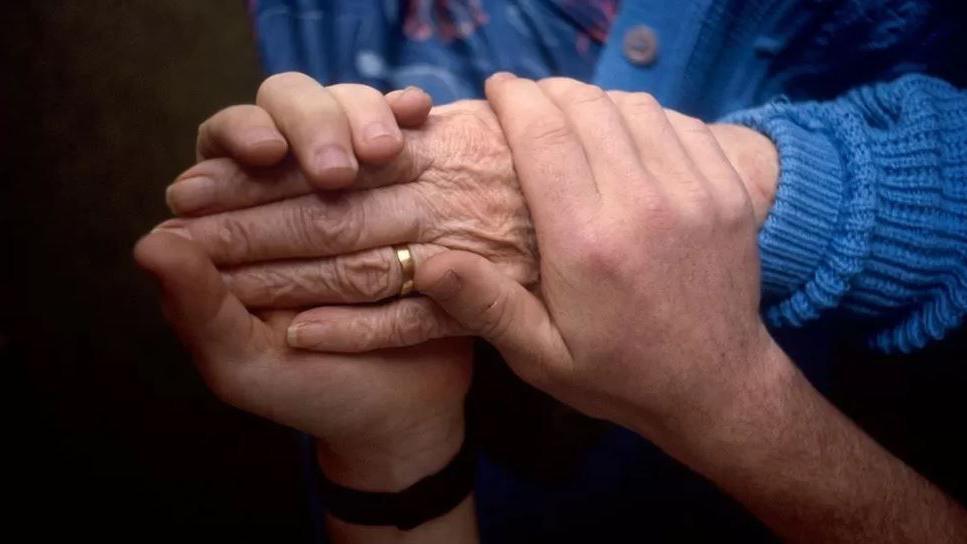
The committee has proposed a number of amendments to the proposed new laws
- Published
The residency criteria to be eligible for an assisted death under proposed new Isle of Man laws should be increased from one year to five, a committee has said.
The panel was appointed to consider the 14 clauses of the Assisted Dying Bill following its second reading in the House of Keys in October.
Under the existing wording of the bill, terminally ill people would have to be “ordinarily resident in the island for not less than one year”, however the committee said that was “insufficient”.
Other potential changes put forward by the five MHKs included changing the life expectancy criterion from six months to 12.
Alex Allinson, who brought forward the private member’s bill, was appointed to the committee alongside David Ashford, Rob Callister, Michelle Haywood and Lawrie Hooper.
All but one of the committee – Mr Callister – rejected a call for the words "assisted suicide" and "voluntary euthanasia" to be included in the title of the bill to remove “ambiguity”.
The committee argued assisted dying was “a term that generally appears widely understood, aided by increased public discourse around the topic more broadly”.
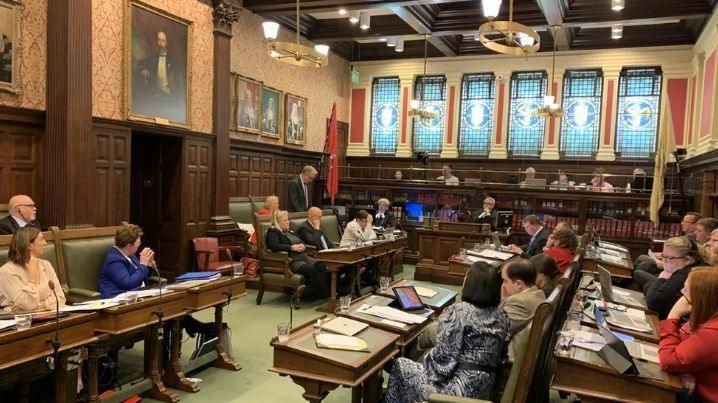
The Assisted Dying Bill received its second reading in the House of Keys in October
However, the committee did back calls to broaden the definition of a relative “in the context of modern family life” to include the likes of step-children and those living together as if spouses.
It also concluded that the cause of death should be assisted dying itself, with the underlying terminal illness as a secondary factor.
This, the committee said, “offers more clarity and certainly, and assists with accurate monitoring”.
In its report, the committee also noted “observations” by the Isle of Man Medical Society and the General Pharmaceutical Council that “under current guidance, assisted dying would constitute a criminal offence”.
But said it was anticipated the Department of Health and Social Care (DHSC) would “engage with professional regulators to advise them of any change” if the bill were to become law.
The committee also proposed technical changes to some clauses to put a stronger obligation on the DHSC to specify specific regulations relating to the laws if passed.
The committee took evidence from a range of medical associations, councils and other bodies, the attorney general’s chambers, the judiciary, members of the House of Keys and the Association of British Insurers.
While its report was originally due to be presented to the House of Keys in February, that was delayed while the members awaited submissions from two "important stakeholders".
The proposed new laws have been welcomed by campaigners in favour of assisted dying, but have been met with concerns from a number of medics.
After the report is debated, all members of the House of Keys will be given the opportunity to discuss each of the clauses of the bill in detail, along with any further amendments put forward by individual MHKs, in May.
Why not follow BBC Isle of Man on Facebook, external, and X, external? You can also send story ideas to IsleofMan@bbc.co.uk
Related topics
- Published27 February 2024
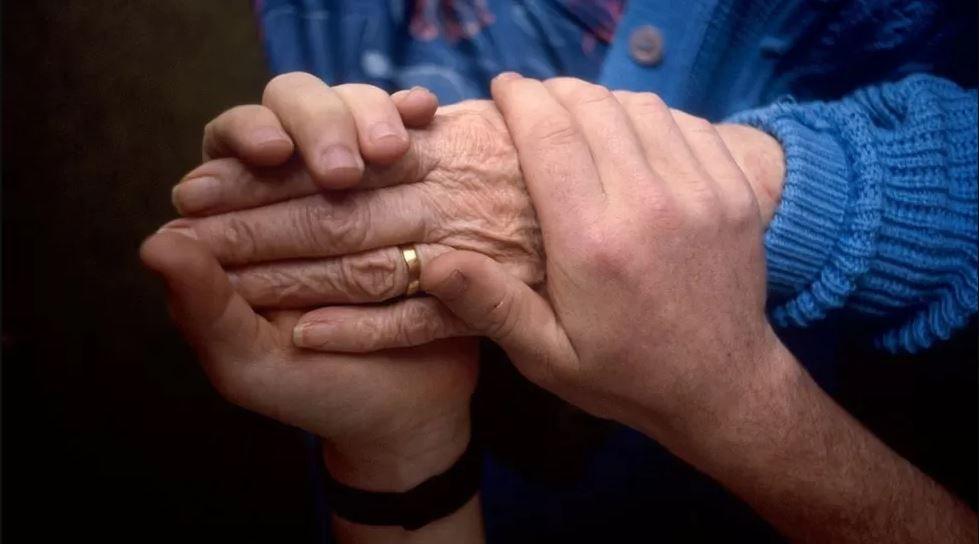
- Published7 November 2023
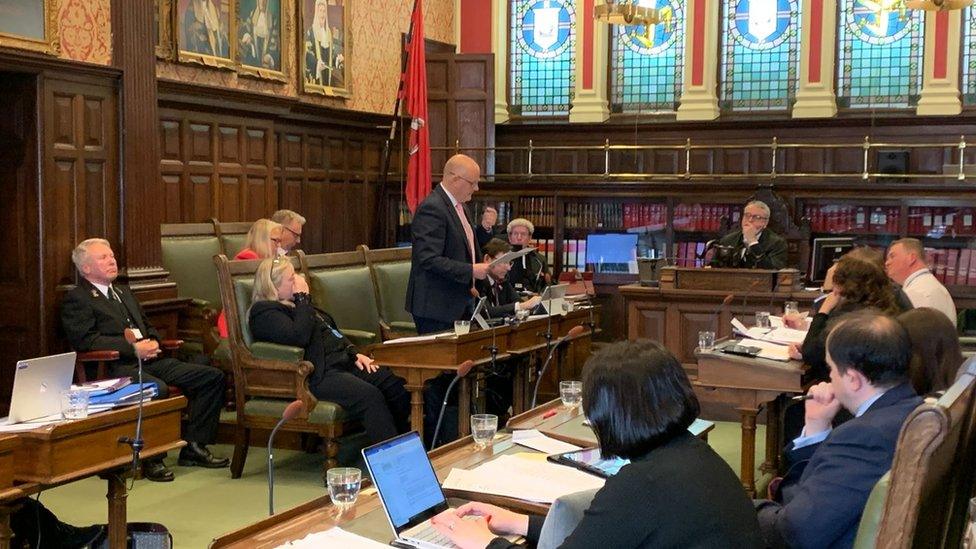
- Published7 November 2023
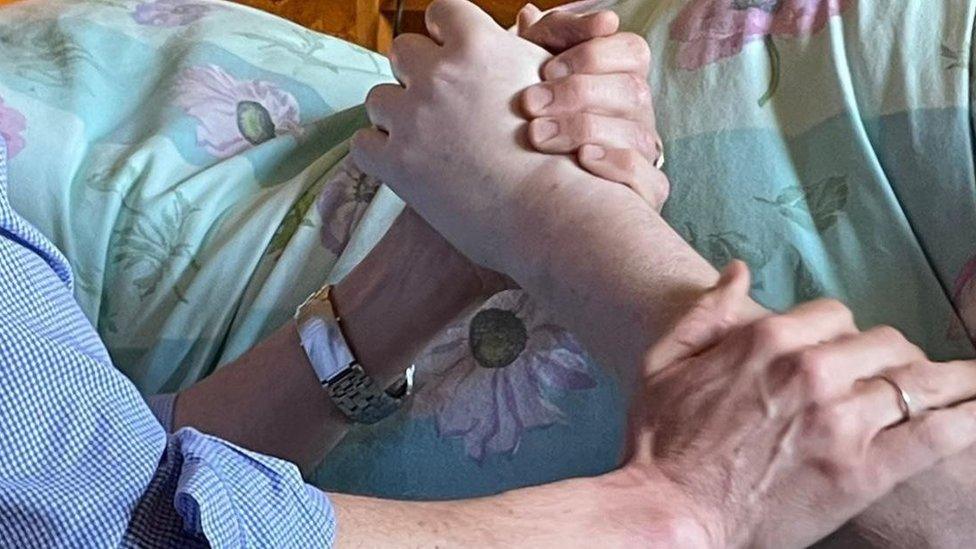
- Published31 October 2023
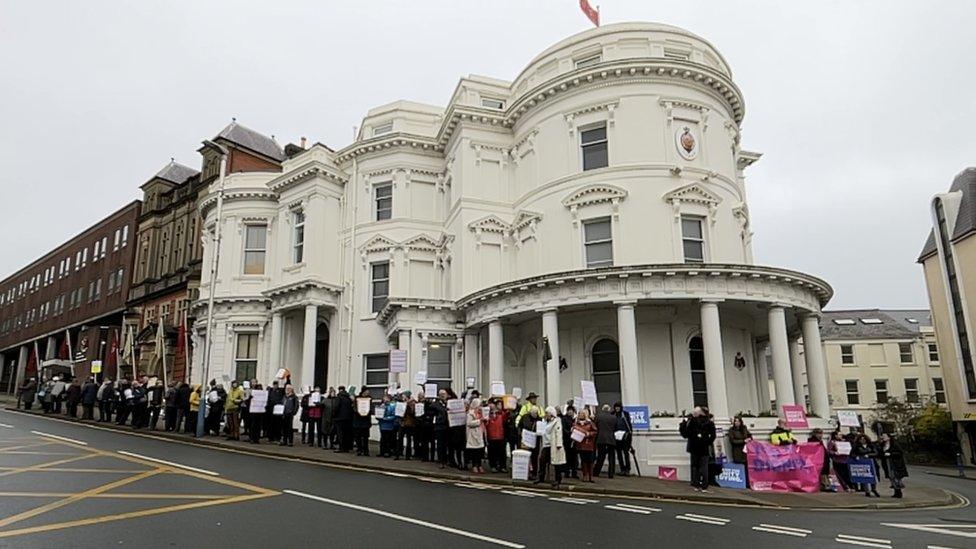
- Published31 October 2023
